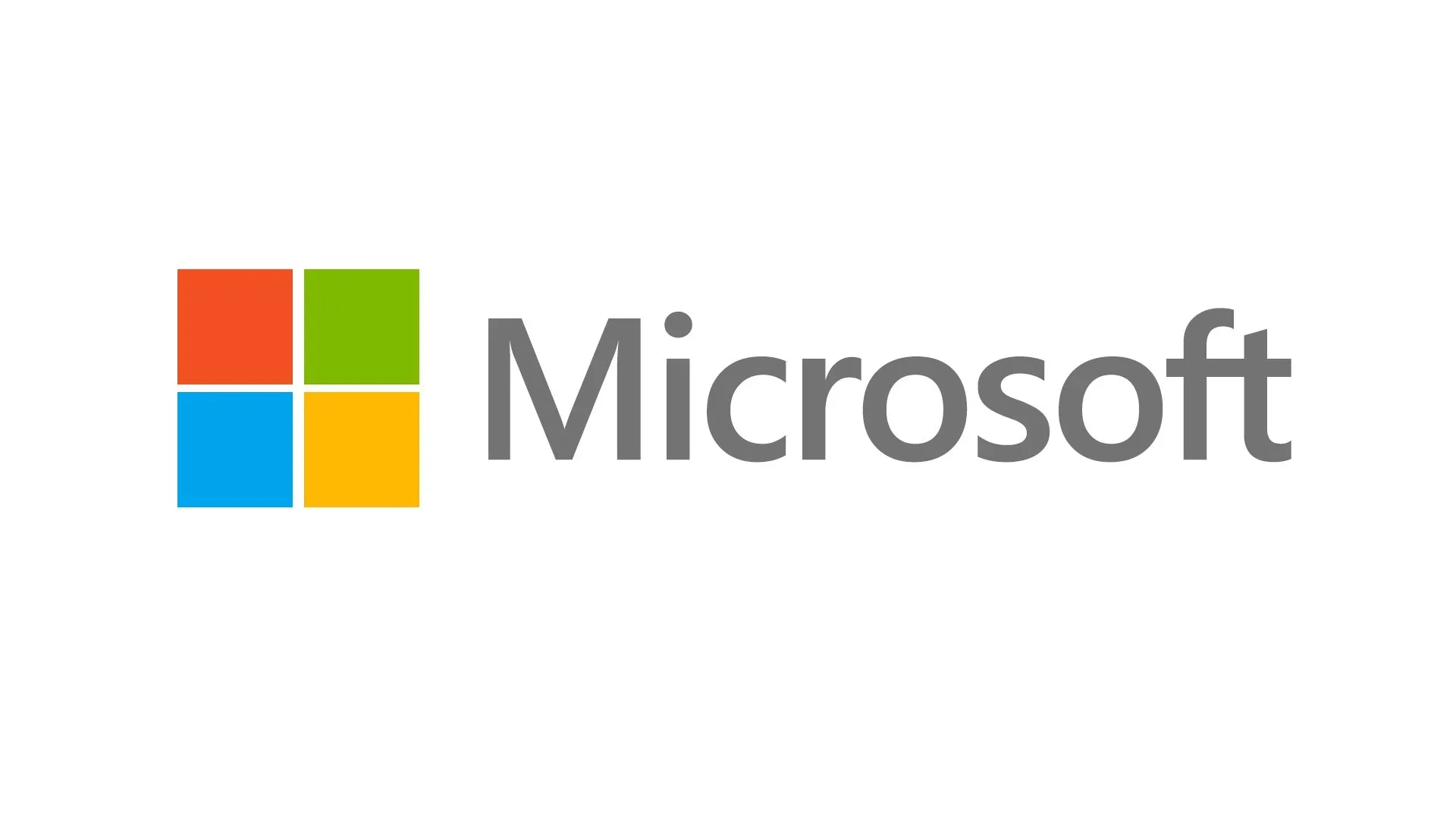Perhaps you only associate Microsoft with its office products, OS (Windows) or Xbox gaming console. Look beyond the consumer products and you’ll see a huge amount of research and development into almost anything and one aspect you can be sure of is that MS is working on Quantum Computing technology.
In fact, Microsoft has its own division, called a surprise, surprise Microsoft Research where it hires/steals or procures some of the smartest people from industry and academia. In the UK Chris Bishop heads up the Cambridge Research division, and he is well known for his work on Machine Learning.
Go back a few years to the reign of CEO Steve Balmer and Microsoft was known loosely on Wall Street loosely for being a very sales-driven company that was desperate to put windows on every machine – even supercomputers. Thankfully those days are gone and Microsoft has returned to innovation. Part of that commitment to innovative products and services is the push into Quantum Computing.
Quantum at Microsoft
As you would expect from a large software and hardware provider, Microsoft builds its own “stuff”. This means both hardware and software in the form of a Quantum Development Kit.
Software Development Including Q#
Microsoft has “birthed” a number of languages over the years including VisualBasic, ASP & ASP.NET, VBA, C# and now especially for the Quantum domain: Q#. Yep, that is basically a nod to C# which is one of the most popular languages to emerge from the Microsoft stable. By creating a specific language, Microsoft can do what it does best, tailor languages and environments to the problem and coupled with Microsoft Visual studio makes a formidable opponent to the also open course Qiskit and Google’s Cirq.

Q# Microsoft’s Take on a Quantum Language
Of course, there are questions as to whether the field needs new Quantum programming languages. Qiskit remains a firm open-source language that has traction amongst many quantum developers and researchers, which is also backed by IBM. Qiskit can write QASM (Quantum Assembly Language) which is fairly standard but Q# does not have this advantage. Of course at the fundamental level, Q# can be translated to run on Quantum hardware.
Fundamentally most developers will be simulating their code and it doesn’t always need to get converted into code that will run actual hardware. Although eventually, the whole point is to run on Quantum Hardware when it becomes effective to do so. See an example of Q# code below.
// EXAMPLE Q# code
function NIterations(nQubits : Int) : Int {
let nItems = 1 <<< nQubits; // 2^numQubits
// compute number of iterations:
let angle = ArcSin(1. / Sqrt(IntAsDouble(nItems)));
let nIterations = Round(0.25 * PI() / angle - 0.5);
return nIterations;
}The first of its kind, Q# is a new high-level quantum-focused programming language. Q# features rich integration with Visual Studio and Visual Studio Code and interoperability with the Python programming language. Enterprise-grade development tools provide the fastest path to quantum programming on Windows, macOS, or Linux.
Quantum Hardware
Perhaps one of the biggest philosophical differences of Microsoft is its attitude when it comes to Quantum Hardware. Microsoft is focused on getting its topological qubits to a state of high fidelity before extending to many qubits, Unlike the strategies of Google and IBM who are steadily increasing the number of addressable qubits, Microsoft is focused on getting one qubit working.
…these scientists are going down a different route from their rivals, trying to create qubits with the properties of an elusive subatomic particle, whose existence was first suggested back in the 1930s by an Italian physicist Ettore Majorana.
BBC on Microsoft Qubit resarch
Microsoft Azure Quantum.
Microsoft has been pushing Azure, the cloud operating system which goes head to head with AWS from Amazon and gaining inroads. Coupled with its traditional corporate user base, Microsoft has some loyal customers and some of those customers will no doubt want to explore the Quantum offering from Microsoft to avoid being left behind the innovation curve.
Azure Quantum is a diverse set of quantum services, ranging from pre-built solutions to software and quantum hardware, providing developers and customers access to some of the most competitive quantum offerings on the market
Microsoft azure Quantum
The eco-system from Microsoft allows users with Azure to simulate quantum hardware or even run on Quantum hardware facilitated by companies such as 1Qbit, Honeywell, Quantum Circuits, IONQ as well as Microsoft. Rather akin to AWS from Amazon, there is a range of Hardware providers, with the aim to have universal access to computing power without needing to have a variety of different interfaces.
Resources
See other Quantum Computing Companies of the Day

